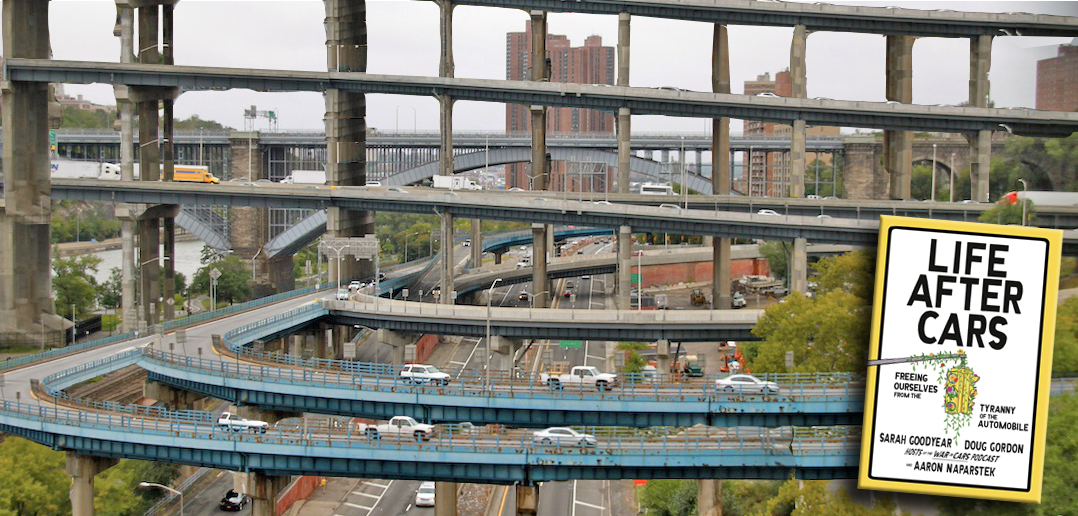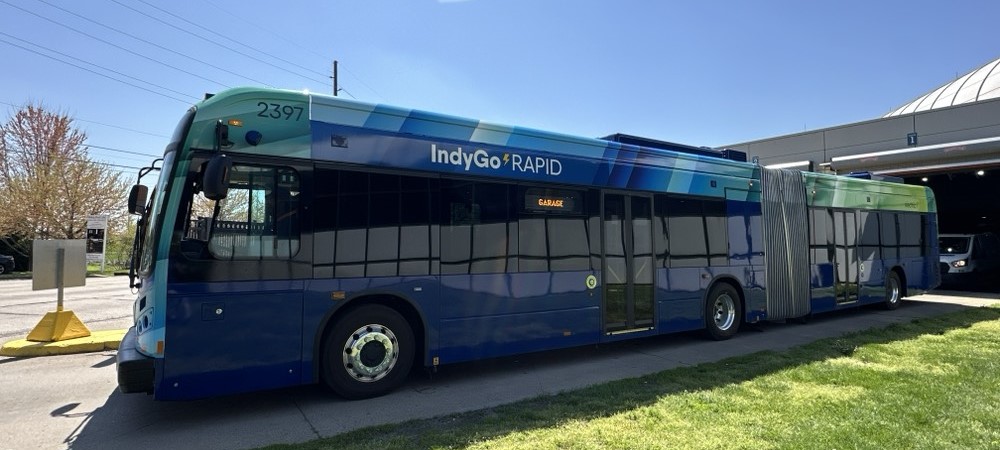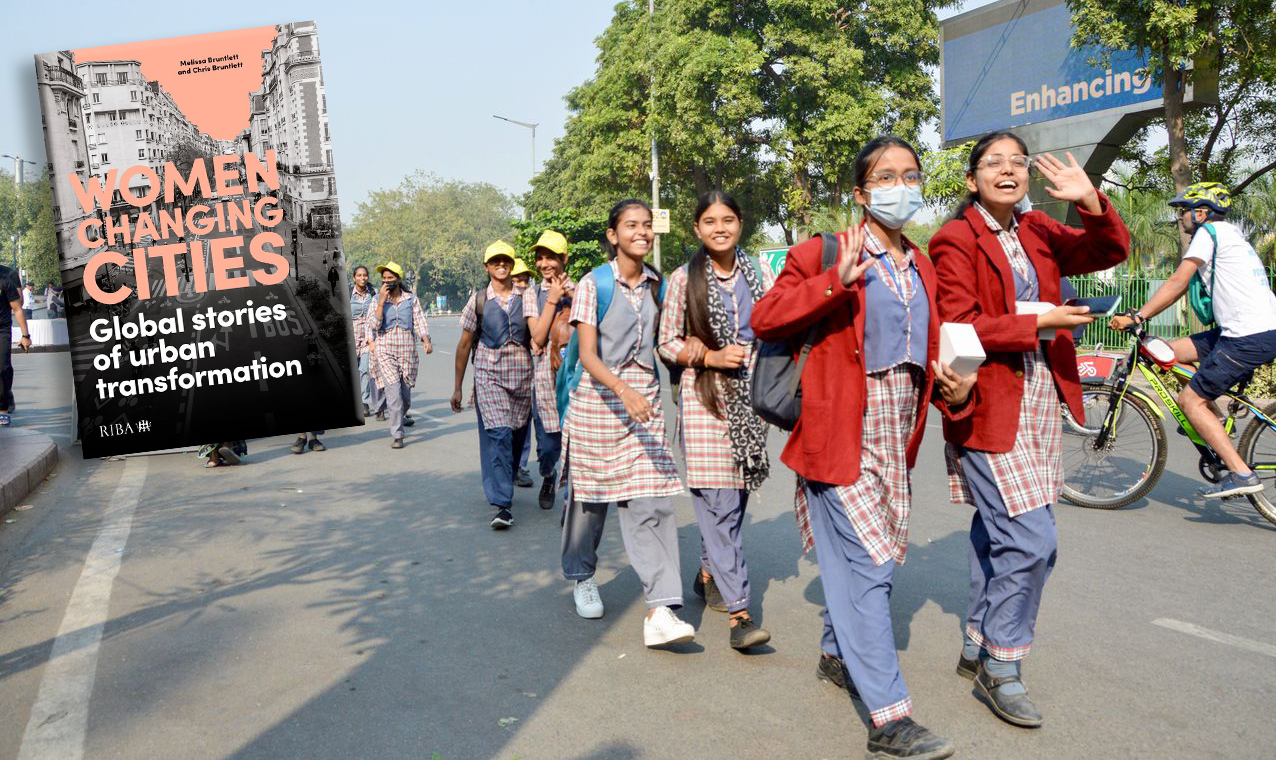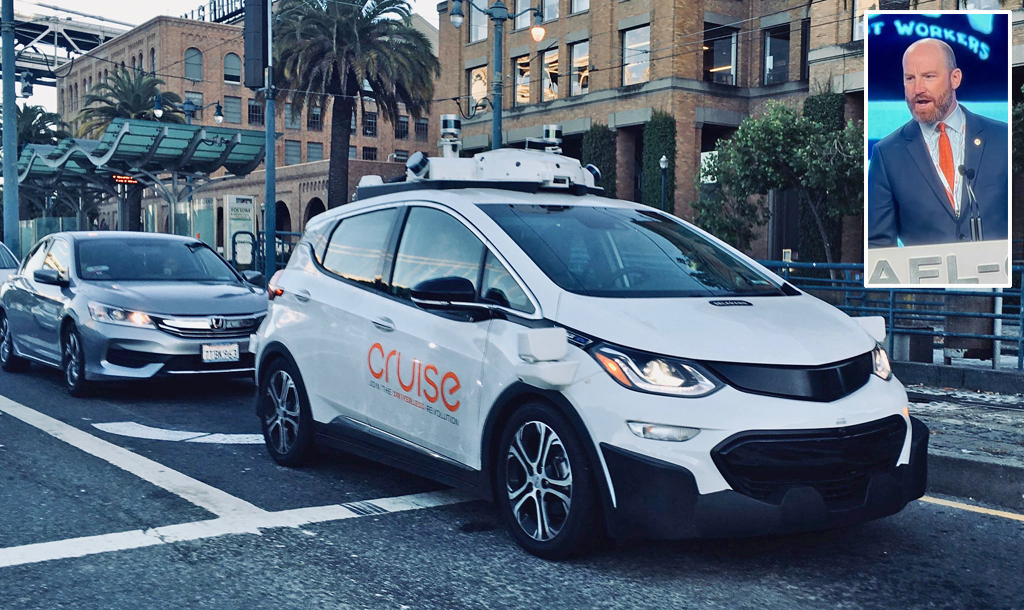Here's a transportation funding idea that aligns incentives nicely: taxing parking lots to pay for transit.
That's what one former high-ranking state official is proposing for Massachusetts, ahead of a big announcement by the state Department of Transportation. Earlier this week Governing Magazine looked at the parking lot tax plan, part of a series of policy recommendations laid out by former Massachusetts Department of Transportation Secretary James Aloisi.
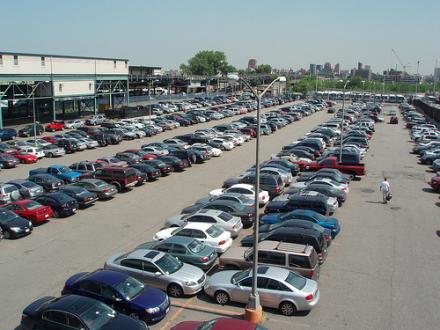
Writing for Commonwealth last fall, Aloisi said the state's transit system (specifically the Massachusetts Bay Transportation Authority) is in a crisis that will only be solved by hard decision making, and he urged the state's leaders to resolve it with a series of bold proposals.
Aloisi proposed both a vehicle-miles-traveled tax and a 20 cent per-gallon increase in the gas tax, to be split evenly between transit and roads. But what's garnering the most attention is Aloisi's proposal to tax non-residential parking lots and garages with more than 20 spaces and dedicate the revenue to transit. The idea isn't exactly new. All of these proposals emerged as part of a 2004 study on transit finance, commissioned by the state to fix the MBTA's still-unresolved budget woes.
Observers are anxious see whether the parking tax put forward by Aloisi makes it into the state's formal plans. The state of Massachusetts was set to release a new Department of Transportation comprehensive plan this past Monday, but officials have delayed the announcement until early next week.
Shoring up the transit system in Massachusetts' largest urban area is vital to the state's economy, environment, and social equity, Aloisi says. And he argues that it's a mistake to continue funding transit with sales tax revenue -- which should be directed to priorities like healthcare and education -- and with unsustainable levels of debt:
In a state that prides itself on being a bastion of enlightened, progressive thinking and leadership, we have condoned a transportation funding system that subsidizes automobile drivers, pollutes our environment, and forces unsound land use choices. The dual problem we face – the need to improve mobility and the need to improve air quality in major urban environments – requires solutions that are, at the same time, innovative and practical.
Aloisi is adamant that transportation revenues must come from the transportation sector -- and that they should not be unduly burdensome to the state's lower-income residents.
He proposes to levy the parking tax in special "transit improvement districts," with all revenues returned to the area in which they were generated in the form of transit improvements. That would benefit affected business owners directly, as improved transit service would help expand the consumer base, he argued. "Proximity to public transportation is a critical public benefit that the private sector can use to reap profits through development that is accessible," he wrote.
If Massachusetts goes ahead with these recommendations, it could set a smart example for states grappling with how to manage their infrastructure in fiscally constrained times. (Virginia Governor Bob McDonnell, who just proposed shifting the burden of transportation funding to the state's non-driver and low-income residents might, meanwhile, push through an example of what not to do.)
"I don't think it's about a war on cars," Aloisi told Governing. "Maybe we should have a war on fossil fuels. It's really (about) the impact of fossil fuels on the environment, on our energy security, and on our ability not to innovate that I think is at the core of the issue."
